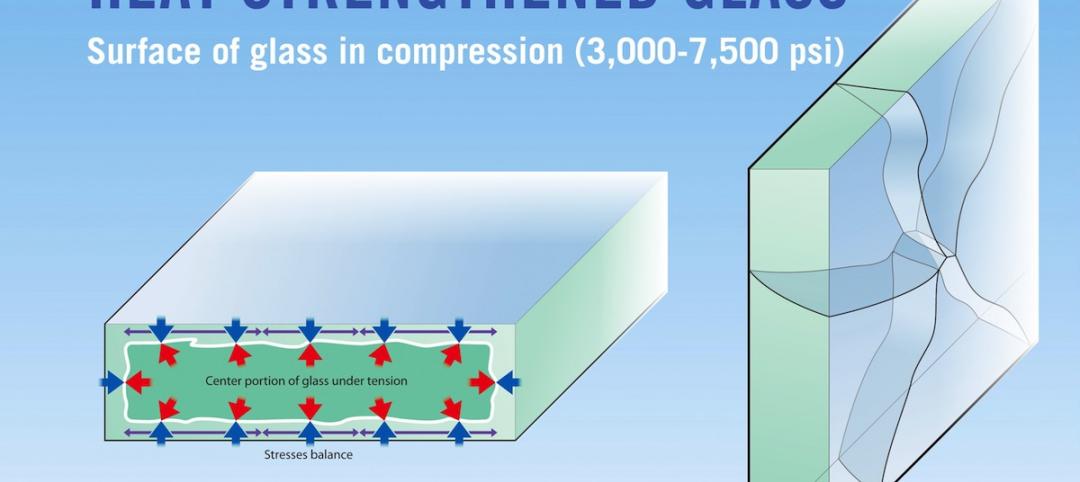You may be violating an employment law just by trying to be nice to your employees, says a new report.
The California Chamber of Commerce has produced a white paper cataloging the top 10 mistakes most likely to get a company sued. While a few of the laws cited apply specifically to California, some of them are federal and may apply in your state.
The report observes: "Employers may unintentionally violate employment laws simply by trying to provide some flexibility for an employee, save money for the company or just be nice."
Here are the top 10 mistakes:
1. Classifying all employees as exempt, whether they are or not
It may be easier to pay someone a salary rather than figure out overtime, meal breaks, rest breaks and the like. The time (and money) you save on bookkeeping is a false economy, however, since you could pay big time in penalties or a lawsuit. (See the report for more specifics.)
2. Letting employees work through lunch so they can take off early
A non-exempt employee is required to be given a 30-minute meal break, plus a 10-minute break for every four hours worked. If you deny one or the other, you owe the person an extra hour's wages; if you deny both in the same day, you owe an additional two hours. The wages must be paid during the pay period in which it's missed. The employee cannot waive his or her right to the breaks.
3. Making everyone an "independent contractor" because having employees is too much trouble
The report notes that contractors are happy until one of the following comes up: workers' compensation, unemployment insurance, state disability insurance or paid family leave benefits. Avoid these legal spiderwebs by determining who is and who isn't a contractor.
4. Not providing training about harassment and discrimination to managers and supervisors
Don't assume your employees won't need the information. Avoid lawsuits by providing the basic sexual harassment training required by law.
5. Letting employees decide which, and how many, hours they want to work each day
Most employees are restricted by law regarding the number of hours they can work without needing to be paid overtime. If you are allowing longer workdays for four-day workweeks, there are rules that need to be followed. Check with your state laws for specifics.
6. Terminating any employee who takes a leave of absence
From the report: "Employees have legal protection when they are away from work for various reasons, including workers' compensation, disability, pregnancy, family and medical leave, military leave, jury duty and many more."
7. Withholding an employee's final check if they fail to return company property
You may think you can withhold money while you wait for an employee to return a computer or a cellphone, but think again. Some states have laws that require you hand over the check the minute the words "you're fired" come out of your mouth. And if an employee quits and gives more than 72 hours notice, the check must be ready on his or her last day. The penalties start accruing from the moment the check is late-one day of wages for every calendar day of delay.
8. Providing loans to employees and deducting the money from their paycheck each pay period
This seems perfectly fine, doesn't it? Except most state labor codes permit only paycheck deductions authorized by law and those authorized by the employee for health insurance or other benefits. No other deductions are permitted. If you're making a loan, you should have the employee sign a promissory note and a lawyer review it.
9. Using noncompete agreements to protect confidential information
Many employers force employees to sign these agreements to protect business secrets, customer lists, and pricing information and to prevent employees from working for the competition. Essentially, you can't force your employee to stay with you, nor can you prevent him or her from making a living.
10. Implementing a "use it or lose it" vacation policy and avoid paying out all the money at termination
Accrued vacation is a form of wages and cannot be denied. You can stop an employee from accruing vacation beyond a "reasonable" amount, but you cannot take away what he or she has already earned. What is considered a "reasonable" cap? Generally 1.5 to two times the annual accrual, says the report.
Have you suffered any consequences from doing any of these things?
--
Courtney Rubin is a business writer and contributing editor to Inc. magazine.
Related Stories
| Feb 27, 2014
12 facts about heat-treated glass: Why stronger isn’t always better
Glass is heat-treated for two reasons: the first is to increase its strength to resist external stresses such as wind and snow loads, or thermal loads caused by the sun’s energy. The second is to temper glass so that it meets safety glazing requirements defined by applicable codes or federal standards.
| Feb 27, 2014
Metal Construction Association introduces two Environmental Product Declarations
Two Environmental Product Declarations (EPD), one for Metal Composite Material Panels and one for Roll Formed Steel Panels for Roofs and Walls, are now available free of charge from the Metal Construction Association (MCA) on its website.
| Feb 27, 2014
Bluebeam Software launches Revu 12 for better field-ready document management and project collaboration
The latest version of the company’s flagship solution better enables users in document-intensive industries to digitally collaborate on project documents and more easily connect the office to the field.
| Feb 27, 2014
PocketCake lunches CPU designed for virtual reality simulations
The company's Virtual Reality Simulation Converter Assembly is three times more powerful than the average high-performance computer and allows for up to eight people to experience a virtual reality simulation at the same time.
| Feb 26, 2014
Adaptive reuse project brings school into historic paper mill
The project features nontraditional classrooms for collaborative learning, an arts and music wing, and a technologically sophisticated global resource center.
| Feb 26, 2014
Use this app to streamline safety inspections
Using the iAuditor app, one of our Skanska teams developed electronic reports that make safety inspections more efficient, and that make it easier to address any issues emerging from them.
| Feb 26, 2014
Startup PocketCake aims to bring virtual reality simulations to the AEC masses
Founded in 2012, the development firm offers custom virtual reality simulations for the price of a typical architectural illustration.
| Feb 26, 2014
Billie Jean King National Tennis Center serving up three-phase expansion
The project includes the construction of two new stadiums and a retractable roof over the existing Arthur Ashe Stadium.
| Feb 25, 2014
Are these really the 'world's most spectacular university buildings'? [slideshow]
Emporis lists its top 13 higher education buildings from around the world. Do you agree with the rankings?
| Feb 25, 2014
NYC's Hudson Spire would be nation's tallest tower if built
Design architect MJM + A has released an updated design scheme for the planned 1,800-foot-tall, superthin skyscraper.

















